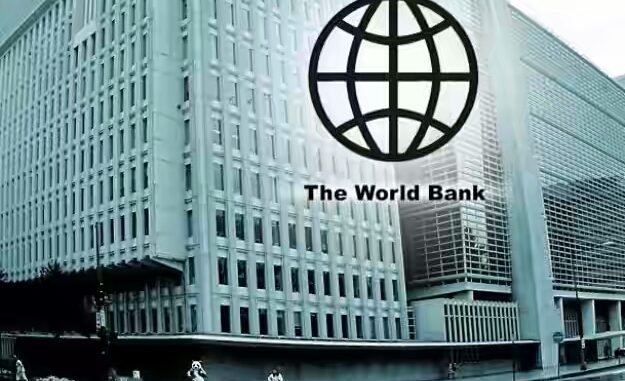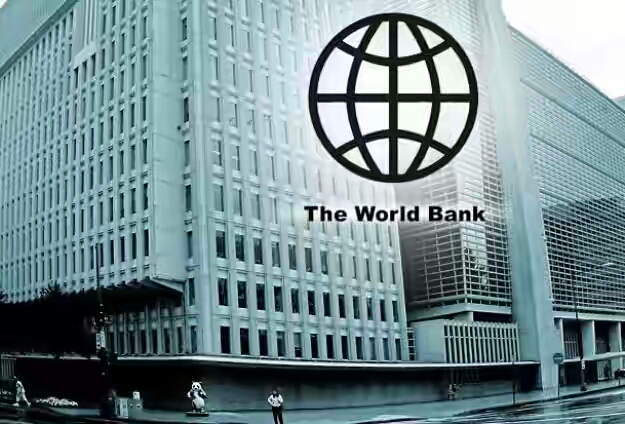
The World Bank said on Thursday that the removal of petrol subsidy in Nigeria was an important step amid the COVID-19 crisis.
The bank, in its ‘Africa’s Pulse’ report entitled ‘Charting the road to recovery’, said countries in sub-Saharan Africa were seizing the opportunity created by the crisis to accelerate the structural reform agenda.

“The COVID-19 crisis is not being wasted among countries in the region. In Nigeria, the government has taken important steps to reform its subsidy regime,” it said.
The World Bank noted that the Nigerian government had eliminated petrol subsidy and established a market-based pricing mechanism with no price ceilings.
It said “The gasoline (petrol) price is set monthly by the Petroleum Products Pricing Regulatory Agency from market-based costs.
“When international petroleum product prices start to recover, the PPPRA will allow price increases accordingly.”
In a report on August 17, Reuters quoted sources as saying that the World Bank was unlikely to approve a much-needed $1.5bn for Nigeria in August as planned due to concerns over desired reforms.
Reuters said fuel subsidies and electricity tariffs were also being discussed, adding that a banking source said the loan could not be approved until October.
The World Bank projected on Thursday that sub-Sahara Africa’s real GDP would contract by 3.3 per cent this year, after expanding by 2.4 per cent in 2019.
It said, “In Nigeria, after expanding 1.9 per cent year-on-year in 2020 Q1, real GDP contracted by 6.1 year-on-year in 2020 Q2, with growth in the oil and non-oil sectors falling.
“The near-term outlook is subject to considerable uncertainty as the economy continues to grapple with the effects of the pandemic.”
The report said activity data suggested that the rebound in activity that started in Q3 2020 might have stalled.
“Investment remains weak amid high uncertainty. Growth is projected to fall by 4.1 per cent in 2020 and remain subdued at 0.3 per cent in 2021,” it added.
According to the World Bank, although Nigeria’s public debt level is projected to rise, it is expected to remain below 30 per cent of GDP in 2020.
THE ROTTEN FISH: CAN OF WORMS OPENED OF APC & TINUBU'S GOVERNMENT OVER NIGERIA'S ECONOMIC DOWNTURN
WATCH THE CRITICAL ANALYSIS AND KNOW THE RESPONSIBLE PARTIES TO BLAME FOR NIGERIA'S ECONOMIC CHALLENGES, WHILE CITIZENS ENDURE SEVERE HARDSHIPS.Watch this episode of ISSUES IN THE NEWS on 9News Nigeria featuring Peter Obi's Special Adviser, Dr Katch Ononuju, 9News Nigeria Publisher, Obinna Ejianya and Tinubu Support Group Leader, McHezekiah Eherechi
The economic crisis and hardship in Nigeria are parts of the discussion.
Watch, leave your comments, and share to create more awareness on this issue.
#9NewsNigeria #Nigeria #issuesInTheNews #politics #tinubu THE ROTTEN FISH: CAN OF WORMS OPENED ...
DON'T FORGET TO SUBSCRIBE AND LEAVE YOUR COMMENTS FOR SUBSEQUENT UPDATES
#9newsnigeria #economia #economy #nigeria #government @9newsng
www.9newsng.com
